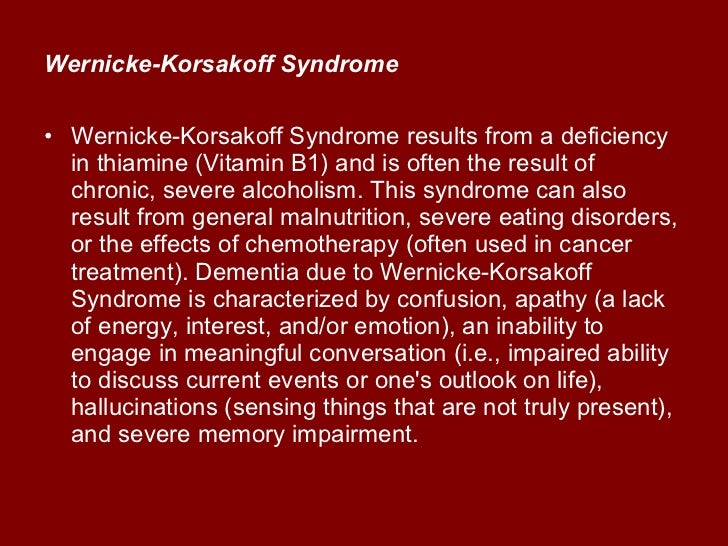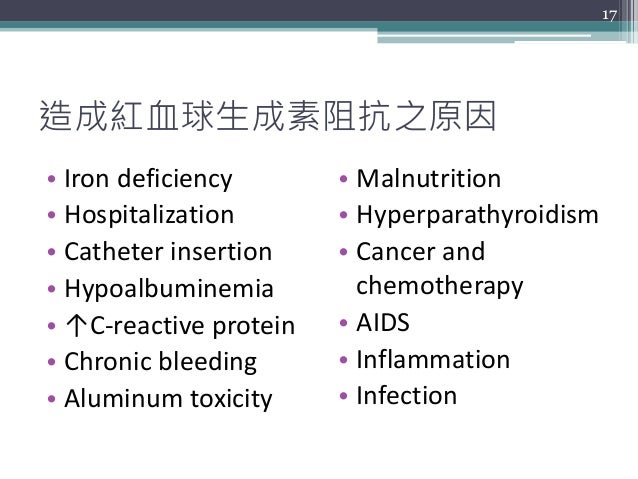Nutritional screening and early treatment of malnutrition in cancer patients
malnutrition in cancer and chemotherapy treatment Nutritional screening and early treatment of malnutrition in cancer patients Malnutrition in Cancer Patients
Cancer is a very powerful disease, and it requires a potent treatment regimen to handle and hopefully eradicate the malignant cells. However, cancer treatment itself is very damaging to the body, and yes it can make someone very weak. Thus, it is crucial for cancer patients to fight the malnutrition that always has come about as a direct result treatment to be able to stay strong.


When you eat, you consume the vitamins, minerals, proteins, carbohydrates, and also other products that your body needs for fuel. This supports your immune system and also general health, which enables you to battle the cancer. Frustratingly, though, just like someone needs this strength essentially the most, the cancer and subsequent treatment can cause that you develop anorexia or cachexia.


One of the most frequent signs of cancer is anorexia, or even the complete decrease of appetite. This can occur since the body loses its ability smell or taste because of cancer treatment, or it may happen as tumors grow and place pressure on digestive organs. Cachexia, conversely, can be a wasting disease seen as an loss in body mass. Normally, one's body will be able to adjust to starvation or anorexia by reducing its metabolism. However, with cachexia, one's metabolism struggles to adjust, which forces your system to use a unique fat and muscle. Cachexia most often occurs with lung and digestive cancers.

Frustratingly, both anorexia and cachexia can lead to malnutrition as the body no more contains the nutrients it must withstand cancer and cancer treatment. Malnutrition could make you more susceptible to infections, and also the treatment itself can become too risky for your system. You may also feel fatigued and weak, which decreases your ability to battle your cancer.
To help prevent malnutrition, many cancer hospitals likewise incorporate nutritional counseling and therapy. This can show you the way to get essentially the most nutrients from the food that you are able to eat.
If you're clinically determined to have mesothelioma, you may want additional support in managing and coping with the medial side results of devastating disease, including cachexia and anorexia. To learn more about mesothelioma, check out the Mesothelioma Resource Center today.

One of the most frequent signs of cancer is anorexia, or even the complete decrease of appetite. This can occur since the body loses its ability smell or taste because of cancer treatment, or it may happen as tumors grow and place pressure on digestive organs. Cachexia, conversely, can be a wasting disease seen as an loss in body mass. Normally, one's body will be able to adjust to starvation or anorexia by reducing its metabolism. However, with cachexia, one's metabolism struggles to adjust, which forces your system to use a unique fat and muscle. Cachexia most often occurs with lung and digestive cancers.

Frustratingly, both anorexia and cachexia can lead to malnutrition as the body no more contains the nutrients it must withstand cancer and cancer treatment. Malnutrition could make you more susceptible to infections, and also the treatment itself can become too risky for your system. You may also feel fatigued and weak, which decreases your ability to battle your cancer.
To help prevent malnutrition, many cancer hospitals likewise incorporate nutritional counseling and therapy. This can show you the way to get essentially the most nutrients from the food that you are able to eat.
If you're clinically determined to have mesothelioma, you may want additional support in managing and coping with the medial side results of devastating disease, including cachexia and anorexia. To learn more about mesothelioma, check out the Mesothelioma Resource Center today.
0 Response to "Nutritional screening and early treatment of malnutrition in cancer patients"
Post a Comment